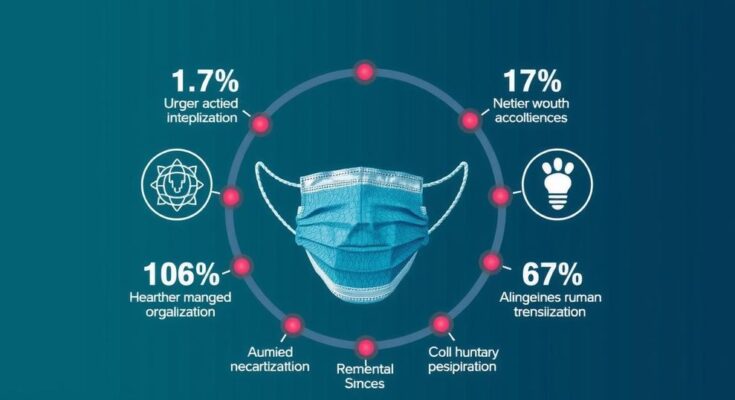The Pan American Health Organization has approved a new policy aimed at addressing the interconnectedness of climate change, health, and equity. This policy seeks to enhance climate adaptation within the health sector while reducing health disparities. Vulnerable populations, including Indigenous groups, face disproportionately severe impacts from climate change. PAHO emphasizes the urgent need for health systems to respond to these challenges effectively, highlighting that climate change exacerbates existing health inequities.
The Pan American Health Organization (PAHO) has officially approved a new policy focused on the intersection of health, climate change, and social equity. This policy aims to enhance the health sector’s ability to adapt to climate change while addressing existing health inequities and securing financial resources for adaptation and mitigation initiatives, particularly for vulnerable populations. PAHO has articulated that the impact of climate change is not uniformly experienced; rather, it varies significantly based on factors such as socioeconomic status, age, ethnicity, gender, disability, migration status, and geographic location. Certain groups, particularly Indigenous Peoples, face heightened risks due to their close ties to the environment. In the Americas, communities are increasingly endangered by extreme weather events, economically reliant on climate-sensitive sectors, and confronted by significant social inequality. Data from the Intergovernmental Panel on Climate Change reveals alarming statistics: between 2000 and 2013, the Latin American region endured 613 extreme climate events, resulting in 13,883 fatalities and economic losses exceeding $52.3 billion. Moreover, South America has witnessed a 160% rise in heat-related deaths due to increasing temperatures, as well as a surge in mosquito-borne diseases like dengue and malaria. Recognizing these challenges, PAHO emphasized the urgent need for the health sector to respond effectively. “Climate change threatens to worsen existing health inequities, disproportionately affecting populations and territories in vulnerable situations,” stated Gerry Eijkemans, the director of the Department of Social and Environmental Determinants for Health Equity. His call to action stresses that immediate and purposeful endeavors are necessary to integrate equity into health adaptation and mitigation strategies.
The Pan American Health Organization is an international public health agency that focuses on improving health and living standards in the Americas. The newly ratified policy distinguishes the necessity to address the urgent implications of climate change on health equity. Vulnerable populations are particularly affected by climate-related events, making it imperative to design health systems capable of responding to these complex challenges. This policy is a response to growing evidence that indicates the detrimental effects of climate change on health, particularly for marginalized communities. Existing health disparities are exacerbated by environmental changes, necessitating a multifaceted approach that focuses on equity.
In conclusion, PAHO’s newly established policy signifies a crucial step towards confronting the dual challenges of climate change and health inequities. As countries in the Americas grapple with heightened vulnerability to extreme weather and social disparities, the health sector is called upon to take decisive and immediate actions. By prioritizing equity in its climate adaptation strategies, PAHO aims to safeguard the health of the most affected populations and foster resilience in health systems across the region.
Original Source: www.thecooldown.com




